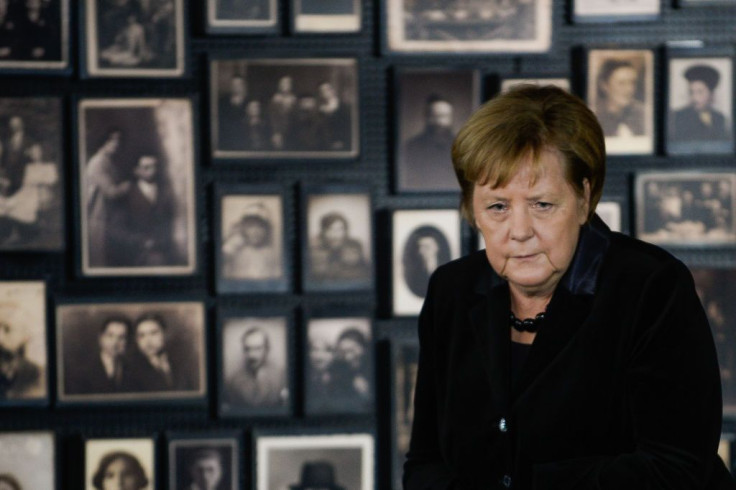
While the number of COVID-19 cases tested positive remains moderate in Germany—death toll stood at 5,094 on Thursday, April 23 with 2,352 cases recorded in 24 hours—the pandemic continues to be a subject of concern as Chancellor Angela Merkel warned that things may go back to square one if complacency sets in.
“Nobody likes to hear this but it is the truth. We are not living through the final phase of this crisis,” said Merkel to Germany’s parliament. “This interim result is fragile. We are on thin ice, one could even say on thinnest ice,” Merkel added.
Her statements came just as the German federal and state governments mutually agreed upon lifting the lockdown restrictions partially amid the coronavirus outbreak. The relaxation comprised the re-opening of small businesses and loosening some of the social distancing restrictions.
The consequences of the partial lift on the ban were worrisome, as people flocked to supermarkets and pedestrian zones earlier this week. This eventually led to virologists condemning the negligence on the part of Germans. Soon after, Merkel imposed a mandatory need for people to wear masks every time they took public transport or headed to stores. Enthusing how the idea was to not go back after making considerable progress in containing the viral spread, Merkel said, “Let us not squander what we have achieved and risk a setback.”
Germany isn’t the only country that’s convinced about the novel coronavirus not going away anytime soon. Given that a vaccine is yet to be found to treat and combat the spread of the highly contagious virus, there’s a strong chance that countries will continue to rely on social distancing and other preventive exercises.
In keeping with similar views, Scotland’s First Minister Nicola Sturgeon maintained that no leniency or “return to normal” would be adopted in the lockdown measures. “A return to normal as we knew it is not on the cards in the near future,” said Surgeon at a press briefing in Edinburgh, enthusing that while businesses may begin to operate and schools may reopen; the ban on large gatherings will not be lifted anytime in the near future.
© 2025 Latin Times. All rights reserved. Do not reproduce without permission.




